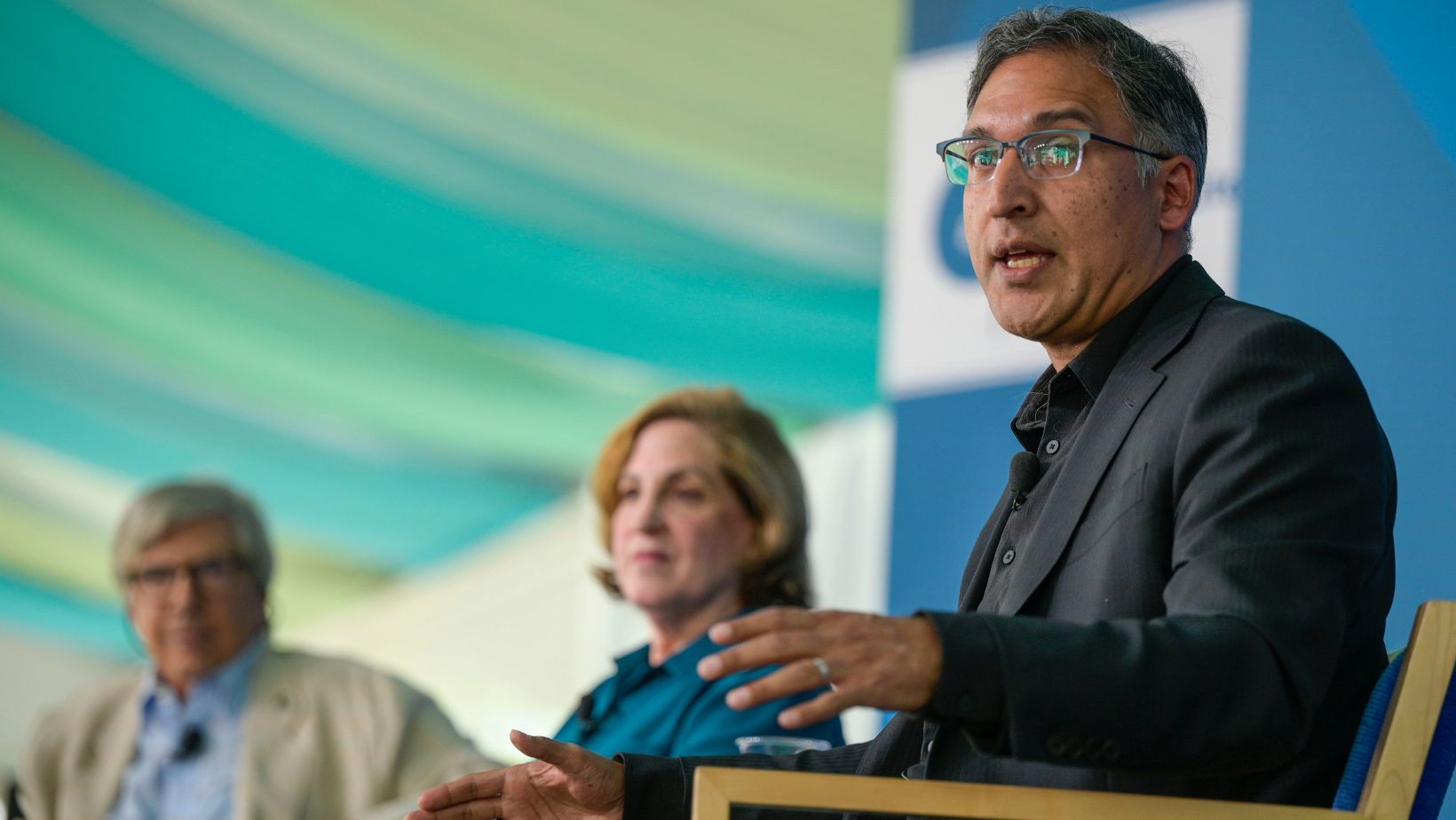President Obama has now nominated his candidate. In the normal course, it would be for the Senate Judiciary Committee next to hold hearings on the selection of Merrick Garland, the incumbent Chief Judge of the US Court of Appeals for the DC Circuit, to succeed the late Associate Justice Antonin Scalia to the Supreme Court of the United States. But of course, this is not a normal year.
Tom Goldstein and his colleagues over at SCOTUSBlog have already begun acomprehensive analysis of Judge Garland’s jurisprudence, so what I want to focus on is something a little less granular: what we mean when we talk about a “good judge.” We, after all, are alone (among the developed nations of the OECD) in granting life tenure to our Supreme Court judges. This is thought to be a guarantor that they will act in a fair and unbiased manner in any given case.
In 2013, an “Uncommon Dialogue” took place at a Colorado Springs resort hosted by the Quality Judges Initiative of the Institute for the Advancement of the American Legal System. At the table were judges and legal scholars associated with the Federalist Society, the noted conservative legal group that has been influential in the judicial selection process under President Reagan and both Presidents Bush; and others associated with the American Constitution Society, representing liberal legal thought. The goal was to find points of agreement on what legal scholars thought was important in picking judges.
Right now, expertise is out of favor, and there’s lots of talk of populism at all levels of government, but that’s not how the framers saw it, particularly when it came to picking judges. Under Article III, the president nominates, and the Senate votes on a confirmation. Many of the states decided not to follow that model during the Jacksonian era, and that’s why in the United States, unlike every other country in the world, many state court judges are elected. But the topic du jour is the Supreme Court confirmation process, and for that, the senators might want to think a bit about what the conservatives and liberals agreed upon at the 2013 meeting.
Here are some of the factors that the dialogue participants—conservatives and liberals alike– agreed on: a good judicial candidate is diligent, demonstrating a strong work ethic and achieving timely docket management without sacrificing due process. He or she is competent, demonstrating excellent substantive legal knowledge, excellent analytical ability and excellent written and oral communication skills, with an emphasis on clarity and the ability to explain process and outcomes. A good judge balances experience with openness to new learning to achieve deliberative excellence. Temperamentally, that judge is respectful, courteous, patient, even-keeled, collaborative and collegial.
The good judge demonstrates appropriate judicial humility and a commitment to fairness through an ability to convey to the parties that they have been heard. The good judge is impartial. He or she does not prejudge cases on the merits, is even-handed, open-minded and willing to reconsider personal points of view, and provides a full and fair opportunity for litigants to present their case. Finally, a good judge is honest, intellectually curious, principled, and acts in a way that engenders respect for the courts.
Notice that these experts did not speak about how a judge would rule on any particular case. Their concern was the qualities of mind and character that the nominee would bring to the role. It is fair to say that as the court of last resort, the decisions of which receive the most intense public scrutiny, we may look for additional characteristics in a Supreme Court justice. But to say that overlooks that while in 2013, over 56,000 cases were filed in the 12 regional US Courts of Appeal, only about 80 cases were selected for full review by the US Supreme Court. That means that the court of last resort for the overwhelming majority of federal cases is a US Court of Appeals (and in many cases, it is the trial-level District Court, where close to 350,000 cases terminated in the same year, 2013). And this does not even begin to count the cases eligible for review by the Supreme Court coming from the highest courts in the states.
By all accounts, Merrick Garland, who has been on the DC Circuit Court of Appeals since 1997 after being confirmed overwhelmingly in the Senate, and before that was for several years a federal prosecutor, brings with him to the confirmation process all of the best qualities the Uncommon Dialogue participants described. We shall see if it matters.
Meryl Justin Chertoff is the executive director of the Justice and Society Program at the Aspen Institute.

